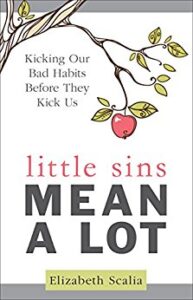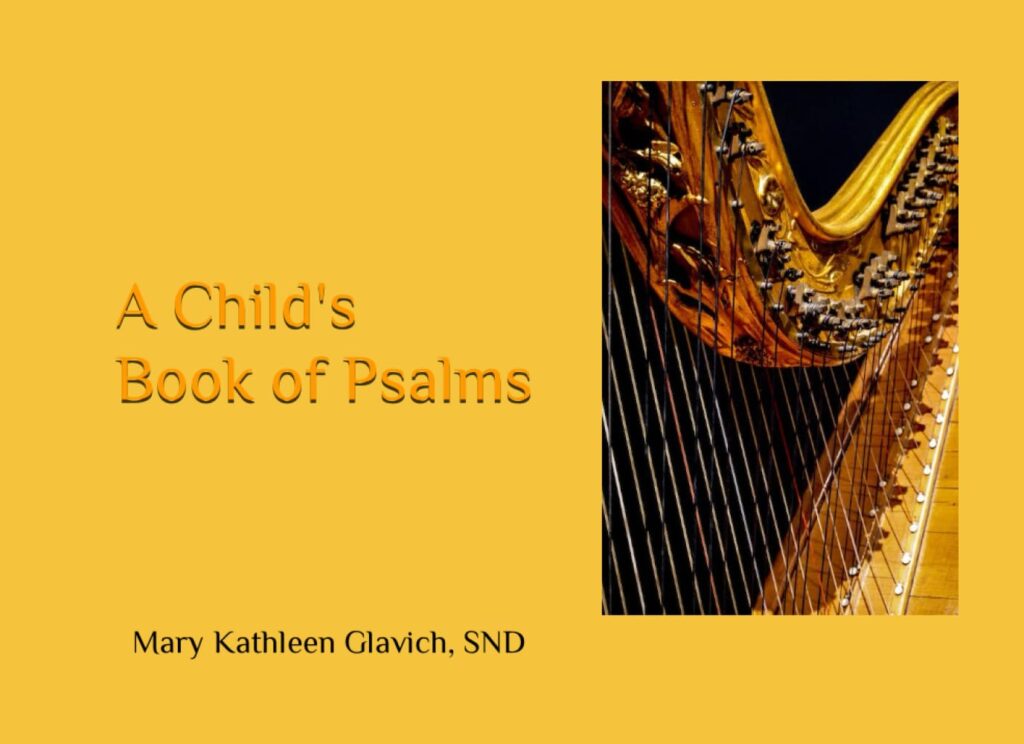 The first time I was to fly alone to Abu Dhabi to speak at a religious conference, I was rather frightened—petrified would be more accurate. It meant stopping in Chicago to switch to Etihad, the United Arab Emirates airline, flying over the ocean (daunting to a non-swimmer like me), and then counting on someone to meet me in the Abu Dhabi airport. I decided to imagine that Jesus was with me on this journey. We’d be taking this trip together. After all, it was his work I was doing.
The first time I was to fly alone to Abu Dhabi to speak at a religious conference, I was rather frightened—petrified would be more accurate. It meant stopping in Chicago to switch to Etihad, the United Arab Emirates airline, flying over the ocean (daunting to a non-swimmer like me), and then counting on someone to meet me in the Abu Dhabi airport. I decided to imagine that Jesus was with me on this journey. We’d be taking this trip together. After all, it was his work I was doing.
In Chicago, when I requested a window seat, the clerk said the flight was full and none was available, but he would give me a good seat. It turned out to be the last one in the back, but there was an empty seat beside it…the only empty seat on the plane! So it was easy to think of Jesus as my traveling companion.
Of course, Jesus, who is God, is constantly with us, but we usually aren’t aware of him. This was the case with the two disciples walking the seven  miles to Emmaus—Clopas and the other unnamed one, perhaps his wife. The risen Jesus was walking with them, talking with them, but they didn’t recognize him. Worse yet, they thought that Jesus, being dead and buried, could not possibly be the Messiah they had hoped him to be. They rejected the women’s news that Jesus was risen. And so they were dejected.
miles to Emmaus—Clopas and the other unnamed one, perhaps his wife. The risen Jesus was walking with them, talking with them, but they didn’t recognize him. Worse yet, they thought that Jesus, being dead and buried, could not possibly be the Messiah they had hoped him to be. They rejected the women’s news that Jesus was risen. And so they were dejected.
Each year our fifty-day-long Easter season reminds us that Jesus is risen. He opened the eyes of the two Emmaus travelers to this truth in two ways. First he broke open Scripture for them, going through the Hebrew Scriptures and pointing out the passages that indicated that the Messiah would first suffer. Second Jesus revealed himself by breaking bread with them in the inn. As at the Last Supper, he took, blessed, broke and gave the bread. Jesus uses the same methods to assure us that he is alive and with us. At each Eucharist, we hear Scripture proclaimed and broken open in the homily, and we share in the sacred bread and wine that is Jesus. Our faith is bolstered by the women and men believers gathered in church with us—all witnessing to the fact that Jesus lives and therefore our final destination is heaven and everlasting life. Alleluia!
No matter where our journey on Earth leads—through pleasant valleys when we are at peace, through dark forests when we are scared, on mountaintops when we are happy, or in deserts when we are alone and sad—the risen Jesus walks with us. Let us pray that our eyes are open and we are mindful of him with us and within us. As we pray in Psalm 139:7-10, “Where can I flee from your presence? If I ascend to heaven, you are there; if I make my bed in the land of the dead, you are there. If I take the wings of the morning and settle at the farthest limits of the sea, even there your hand shall lead me, and your right hand shall hold me fast.”
By the way, as I flew home from Abu Dhabi, again on a full flight there was an empty seat next to me.
When have you experienced the risen Jesus accompanying you, perhaps in the form of another person?
 BOOK REVIEW Little Sins Mean a Lot: Kicking Our Bad Habits Before They Kick Us
BOOK REVIEW Little Sins Mean a Lot: Kicking Our Bad Habits Before They Kick Us
Elizabeth Scalia Our Sunday Visitor, $14.95
Every morality course should make this book required reading. Scalia focuses on the faults that make us less than we would want to be and that might evolve into serious sins, like the capital sins. Some of the topics are procrastination, griping, self-neglect, excessive self-interest, suspicion, and gossip. The reader will cringe to realize that, yes, that’s me. But Scalia admits it first. In fact, she refers to herself as “the walking embodiment of all of these bad habits and sins.” Each chapter, sometimes with painful honesty, is shored up by personal examples of faults either in her or those who are in her life.
Each chapter opens with a quotation from diverse sources ranging from Homer Simpson to St. Benedict. After a discussion of the bad habit, it is further enhanced by a list of related quotations culled from the Church documents, popes, and saints. For those who can claim the little sin as their own, Scalia offers several practical recommendations for combating it. A few times she suggests praying to our Guardian Angel (another invisible friend who is always with us). The chapter concludes with a prayer.
You would expect that, considering the subject, this would be a heavy, boring book. Far from it. The author’s light tone, wit, and funny bone all come into play. Although this book could be used to make an examination of conscience, it is one of the most enjoyable books I’ve read in a long time.








2 Responses
Hey Sister,
Have you ever read “People of the Lie”, by M. Scott Peck, M.D.? If so, how did it compare to “Little Sins Mean a Lot”?
Mark
An interesting comparison, Mark. Thanks for asking. I read Peck’s book years ago and haven’t reread it, but I hope my comments ring true: Although both books deal with sin, “People of the Lie” focuses on evil and provides case studies from Dr. Peck’s profession as a therapist. “Little Sins Mean a Lot” examines just little sins, bad habits, that have the potential to grow into serious sins. Examples are drawn from the own author’s life as she confessions her foibles. The subject and style of Peck’s book are heavy, dark, and depressing, while Scalia’s book is a lighthearted treatment. The aim of Peck’s book is to help us understand “evil” people, but Scalia’s book helps us look at ourselves and curb wayward tendencies.